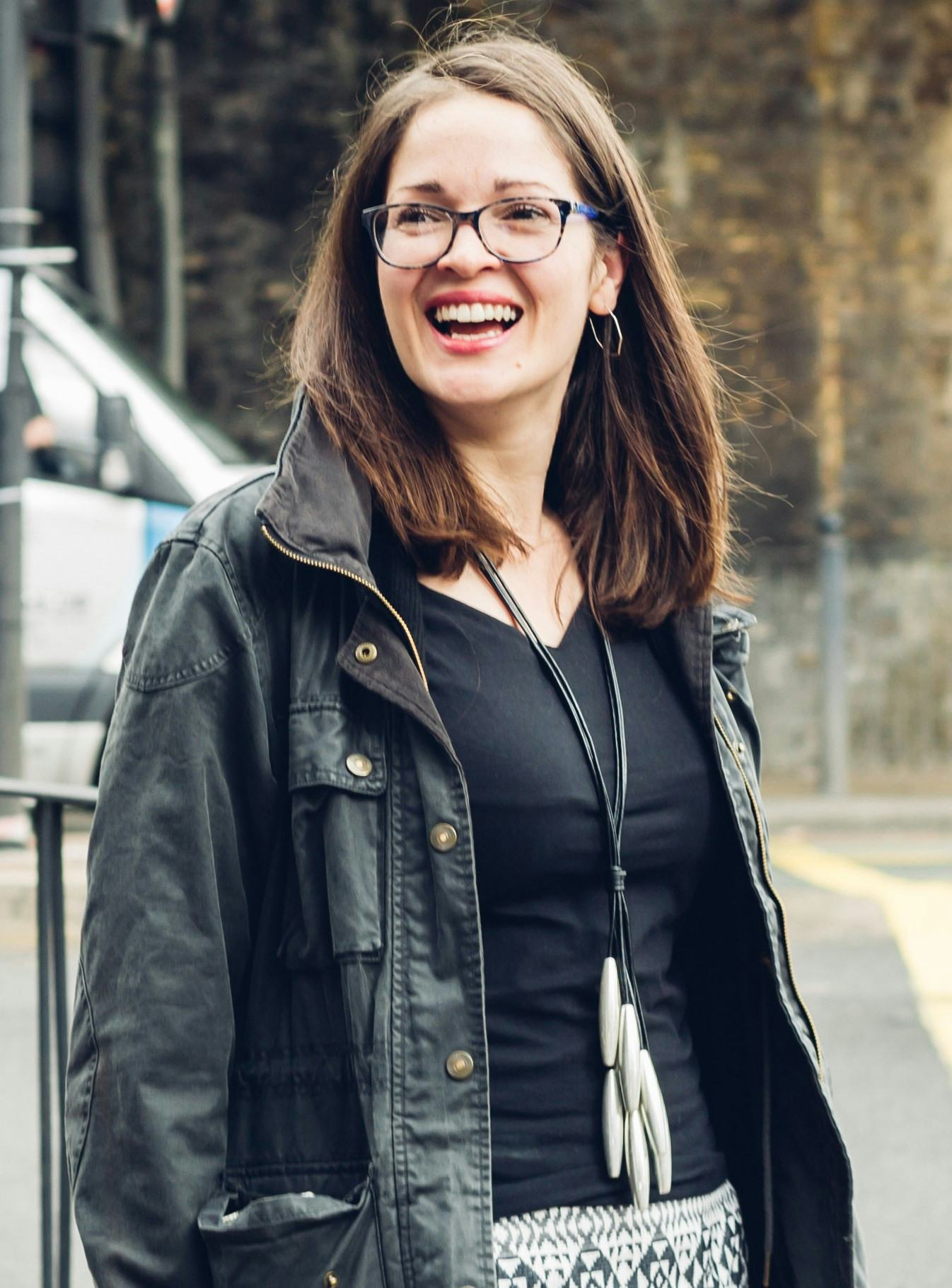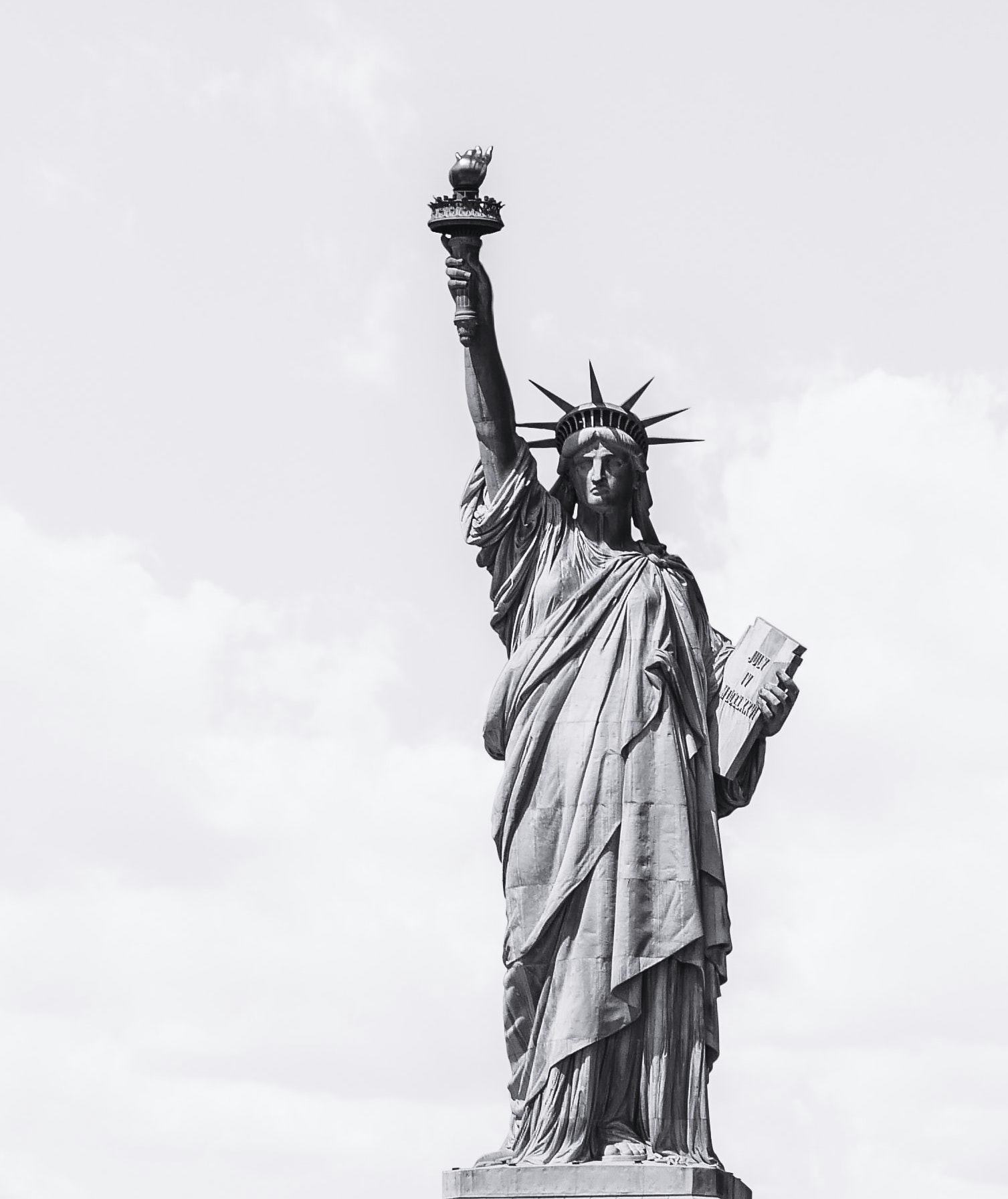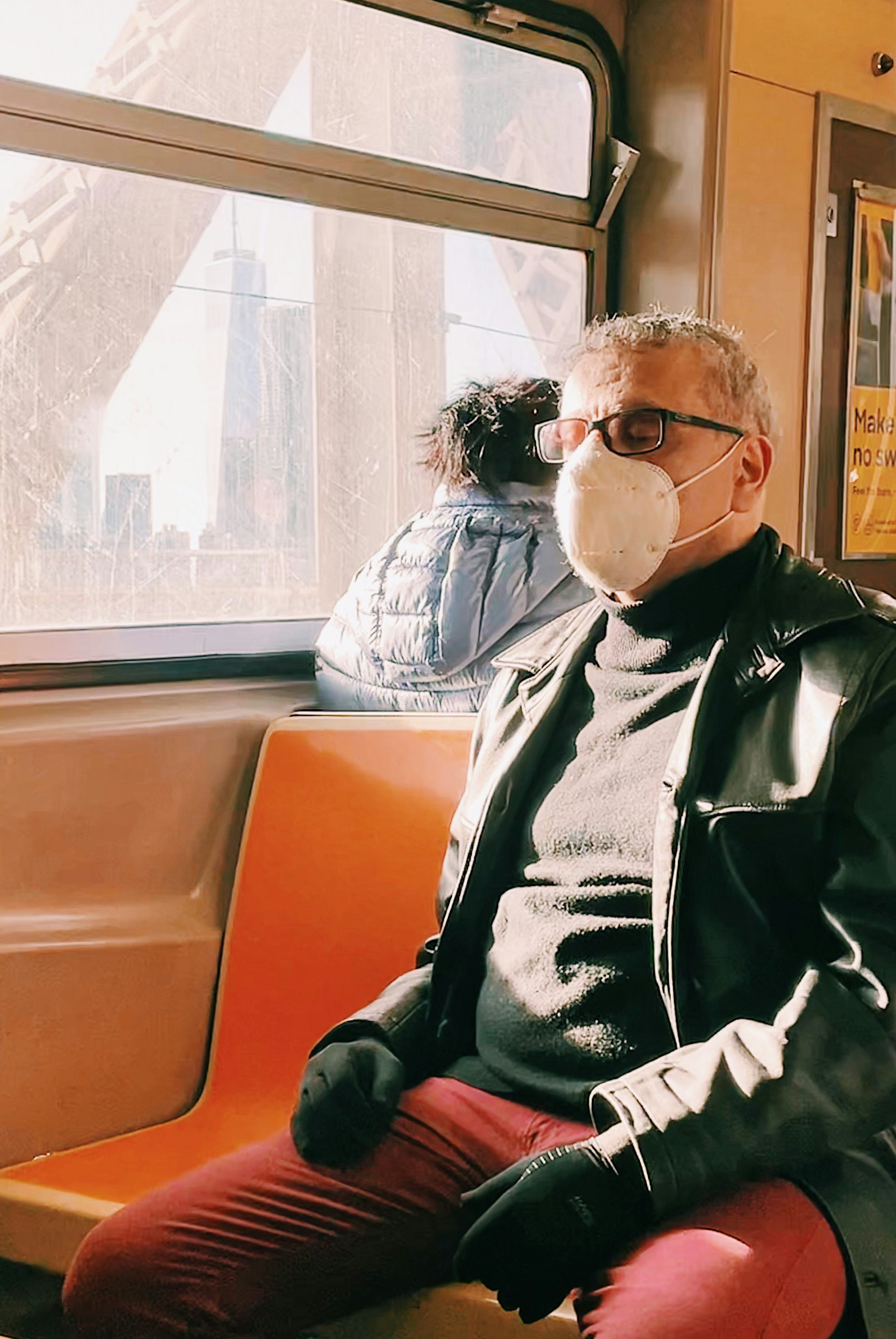Living, Doing, Being: An Interview with Theos Director Elizabeth Oldfield

Theos Think Tank, based in the UK, explores the intersection of faith and society. Elizabeth Oldfield has served as Theos’ director for ten years and hosts Theos’ popular podcast,The Sacred. Theos writes, “Many of our most pressing issues – immigration, mental health, diversity, climate change, meaningful work, human rights and more – have an inherent religious element. Many of these debates would benefit from the centuries of ethical reflection embedded in faith traditions. And yet in Western countries religion is often poorly understood, feared or ignored.”
Through research, robust conversation, and community events, Theos focuses on the ways the wisdom embedded in religious traditions contributes to the common good. As Elizabeth says, “Buried under the rubble is treasure. At Theos, we’re trying to dig it out.” Three primary “streams” define Theos’ research: living together (including navigating difference); doing good (social action); and being human.
Elizabeth and I spoke a few years ago for my master’s dissertation, “Women of Faith: Stories of Reckoning and Wisdom.” In Clerestory’s series on community, we’re examining the same streams Theos explores – living together, social action, the human condition. Elizabeth’s insight into the the role of religion to support human flourishing and a flourishing society is invaluable.
You begin each episode of The Sacred with a generative question, which I thought I might ask you as well: what do you hold sacred?
Human relationships and the quality of human relationships are what I hold sacred. I went to a couple of funerals at quite a formative stage in my life in my late teens. I was really struck by actually what remains after we are gone: the health and quality of our network of relationships.
As I began to study theology, particularly social and political theology, I realized how deep a thread this is. At Theos, we talk about our deep theological commitments. We have huge diversity in the team. We would see our DNA coming from Catholic Social Thought, Evangelical Social Thought as expressed in people in the UK like the Jubilee Center, and Anglican Social Thought (which is a much less coherent body of work, but particularly the work of Rowan Williams). We don’t often make it that explicit, but the “personhood, not individuals,” and “interdependent, not independent” framing of human anthropology, is central.
It’s a lovely experience having a strong instinct about something and then discovering it theologically. I react very strongly against situations of instrumentalizing people, using others for our own ends, and not taking relationships seriously.
Was Christianity an important part of your life growing up?
Growing up, I was taken to Sunday School occasionally, as a form of free childcare. I only really remember being able to see through the old ladies’ hair to the scalp.
Then, when I was a teenager a friend, who fancied a boy, invited me to a youth group. I went through a long process of asking questions until I attended a festival in the UK called “Soul Survivor,” a big youth festival in the Evangelical charismatic space. I spent most of the week avoiding big meetings, hanging around the skate park and watching the boys. Until, on the last day, I went into the service and prayed, “Lord, if you’re real, show me.” I had a very powerful charismatic experience.
When I got back from that festival, and my mum looked at my face and she said, “What has happened to you?” The power of an experience of the love of God at a formative stage in your life can be one of the best things psychologically to happen to a young woman.
Since then, I’ve done a lot of digging intellectually: rejecting and rebuilding, deconstruction and construction. But when I pray, sincerely my hands shake. I speak in tongues. I feel a very strong presence of God, which is the evidence I can’t explain. There’s a poet who speaks about being haunted by God, which is how I’ve felt.
What drew you to study theology in graduate school?
I studied English and History at university. My faith continued to be experiential, and my academic brain was on a completely different track, in a different box. Intellectual questioning was not at the surface of the churches I attended.
My first job after university was at the BBC, where I eventually got a role working on a big TV program called “The Bible.” It was never actually made in the UK, but I worked on the project for two years. I was catapulted into a team of producers and researchers. Some were secular, brilliant, factual television makers, and therefore, very eyebrow-raised about the whole thing. Others were people who had studied theology and either hadn’t been Christians in the first place or had lost their faith while studying theology at Oxford and Cambridge. I was a shiny young Evangelical with a target on my back.
I got there and they said, “Right, you’re looking after Joshua and Judges, so immerse yourself in all of the scholars of that, and all of the history, and all of the criticism.” Having never studied theology at all, I was suddenly examining source criticism and genocidal texts. My faith rapidly fell apart. I thought, “Well, this is clearly awful, and I’ve built my life on a lie. Why did no one tell me?”
I had a period of trying to be an atheist. I’d moved to Manchester, where it rains all the time, for the job. I had no friends there. I had lost my faith. I was wandering around Manchester in the rain with bleak urban landscapes behind me, trying to work out if it was possible to be an atheist without being a nihilist. Julian Barnes says, “I don’t believe in God, but I miss Him.” It was awful. I’d lost my coherent framework of meaning. It was a really horrible, horrible period. I thought, “Okay, I’ve got to reframe my life around this.”
Then I was invited to a weekend of apologetics training by someone who said, “Come and ask them all your questions. If they can’t answer them, then you can give up.”
On the first weekend of the training course, they brought a flip chart and said, “tell us your hardest questions.” I met my husband for the first time at the course. I asked all my questions, “what about this, what about this.” All the inconsistencies, textual deterioration, slavery and genocide… they weren’t fazed. They were a group of smart, good people whose brand of apologetics wasn’t like, “we’re going to beat stupid atheists” but instead, like, “what is the question behind the question? How do we take people’s existential longings seriously?” They didn’t pretend there were simple answers for everything. I decided I needed to study academic theology myself, as part of putting my faith back together again.
Did working for the BBC and in radio prepare you for work at the intersection of religion and society?
It did. I loved working at the BBC. I don’t buy into the idea that “the evil secular media is out to get us.” I saw how seriously my colleagues were trying to engage with religious questions, but there were not many people of faith around.
At university, I felt a really strong call from God to work in media, to build on my passion for looking at the stories the culture tells itself and how those stories shape us. I thought if I was making BBC radio programs – which has high cultural status in the UK – that I’d be able to engage in a nuanced way with stories about faith and in a broader way about what human beings are like, our values, our sacred values, how we treat each other, virtues, the deep parts of life. But that wasn’t possible. Even at the BBC, things were often simplified or made more extreme in pursuit of clarity.
I was trying to answer personal questions about my faith. I was also trying to answer professional, vocational questions: who gets to speak on the deep parts of life, how do we speak about them, how can someone who is a good communicator have the depth to be a bridge?
Then, this job at Theos came up. I thought, “That’s my clearly my dream job in 10 years. I’ll apply and then I’ll know what to do for the next 10 years until it comes up again.” But I was chosen for the position. I was 27. I’d never managed a budget. I’d never managed a person, and I was so green and so out of my depth. In terms of vocation, though, it was and is the perfect place for me because it sits on the intersection of all of the subjects I care about deeply.
I wonder if we might take a step back, and if you could outline more about Theos’ origins and how the organization has evolved under your leadership?
Theos was set up by a very old venerable organization called the British and Foreign Bible Society, which was one of the Wilberforce-Shaftesbury charities set up by the Clapham Sect in the Victorian period. They printed, distributed, and translated Bibles.
In the late 1990s and early 2000s, it became clear that the market demand for Bibles was diminishing. The royal charter from Queen Victoria to the Bible Society stated something like, “to promote the use and circulation of the Bible.” They took the word “circulation” and started thinking of it as a metaphor for “air conditioning.” Thinking, “how do you get this stuff into the air?”
The Bible Society began pursuing what they called “Bible advocacy projects.” My predecessor, Paul Woolley, the founding Director, pitched to them that they should fund a think tank that was not specifically about the Bible, but rather, about religion in general with a focus on Christianity in particular. He argued, that would advocate for more accurate, nuanced, positive understandings of faith in public.
Theos started with one and a half people. We’re now 15. We still are part of that broader umbrella of the Bible Society. It fluctuates, but we receive about 50% of our funding from them, and we raise 50% externally.
These days, I’m much more focused on strategy and direction. I’m not that interested in talking to Christians. I don’t find the church and its infighting at all interesting. I’m much more interested in the climate of ideas, who is influencing them, and how to offer this wisdom as a resource to people who might not think to look at religion.
I joke, sometimes, that Theos as an antihistamine for people with an allergy to religion.
In Theos’ mission statement, you write, “We believe Christianity is a force for good in society. We reject the notion that faith is a part of the problem. Faith helps the UK to flourish.” What, in your view, are some of the defining contributions that Christianity makes to the common good? How does Theos articulate these contributions?
On a practical level, we’re trying to understand the civic action of faith communities on the ground as the welfare state in the UK has shrunk under austerity. It looks like as congregational numbers go down, the level of social action they’re delivering goes up. It is a fascinating phenomenon.
Of course, there are examples of bad practice, thoughtlessness or inappropriateness or coercion, and a small number of outright abuse and really deplorable situations. It is important that we don’t gloss over that.
Statistically, though, the amount of good done by faith communities is astonishing. The more we do research into it, the more we’ve found ordinary groups of people propping up civil society in places that have been forgotten and abandoned. The more I’m just moved by the glory and dignity of what’s going on.
I also think Christian ideas are good for us. Being prepared to advocate for the dignity of human beings and all human beings, aside from the logic of the market; being able to repeatedly argue for the value of human relationships; being able to pay attention, at the very least, to power imbalances. The possibility of forgiveness and redemption; the possibility of change; the possibility of grace; the humility that comes with a Christian anthropology, which acknowledges deep brokenness and then values rituals and rhythms that have been developed over centuries to help us live with the reality of the human condition. Those ideas are good for us.
Buried under the rubble is treasure. At Theos, we’re trying to dig it out.
In presenting The Sacred, what have you learned about navigating those difficult conversations about these very big topics like religion, politics, and culture?
I think we need to return to a sense of building virtues within ourselves and recognize that it’s about becoming. The skill of good citizens is learning to be uncomfortable with the discomfort of difference.
Making myself sit in a room for 45 minutes and listening to people, giving them the gift of attention and thinking, “maybe I should just wait and hear what you have to say before I’m lining up all my reasons why you’re wrong.” It has been an enormous privilege.
What it means to love your enemy and pray for people who you feel different from, people who you feel are hostile to you? That’s Christian discipleship.
This interview has been edited for length and clarity.
Sarah James is the editor-in-chief and founder of Clerestory Magazine.
Discover more from Sarah James.








